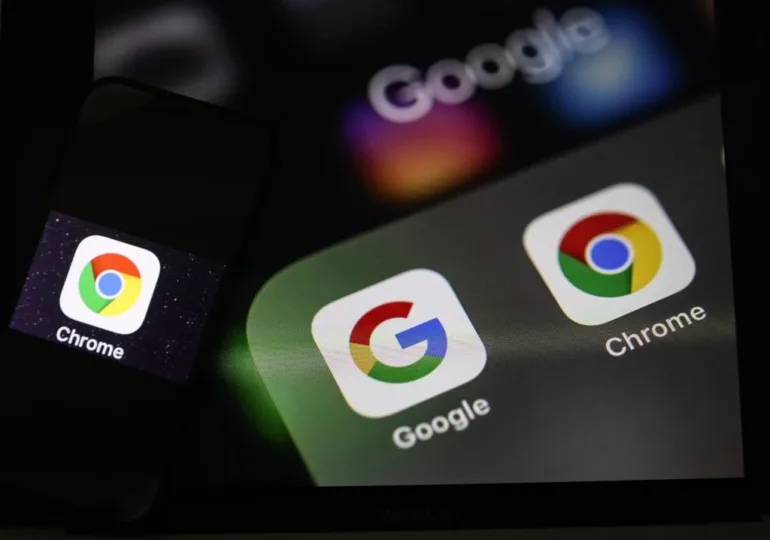A US judge on Tuesday rejected the government’s demand that Google sell its Chrome web browser, but imposed sweeping requirements to restore competition in online search. The landmark ruling by Judge Amit Mehta, which follows his August 2024 finding that Google illegally maintained a search monopoly, marks one of the most significant antitrust decisions in two decades.
The decision is a major win for Google, with shares of its parent company, Alphabet, jumping over 7.5% in after-hours trading. While the judge ruled against the most aggressive government proposals, including a Chrome divestiture and a ban on Google’s lucrative default search deals, he mandated new measures to open up the market.
Under the order, Google must now share its search index and user interaction data with “qualified competitors” to help them improve their own services. The ruling also extends restrictions to the growing field of generative AI, aiming to prevent Google from using exclusive deals to dominate this new space.
“Today’s decision recognizes how much the industry has changed through the advent of AI, which is giving people so many more ways to find information,” said Google vice president Lee-Anne Mulholland.
The Justice Department called the remedies “significant” but stated it would review the opinion to consider “next steps regarding seeking additional relief.” Many observers felt the ruling fell short of expectations, with Professor Carl Tobias of the University of Richmond Law School noting that the judge likely found the proposed remedies “too draconian.”
AFP


